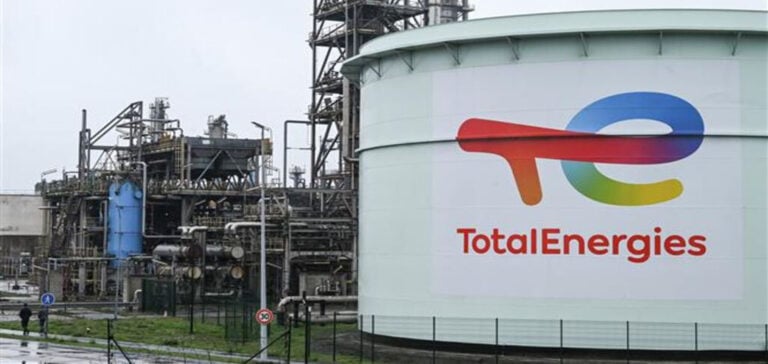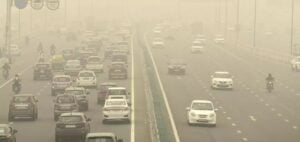TotalEnergies and the Super-Emitter Projects are the subject of accusations by Greenpeace. Indeed, Greenpeace recently published a study showing the involvement of French major TotalEnergies in 33 oil and gas projects described as “super-emitters” of greenhouse gases. This revelation highlights a “fossil fuel expansion logic” that runs counter to international climate objectives.
Understanding Super-Emitters
Projects considered “super-emitters” by Greenpeace are those likely to emit at least 1 billion tonnes of CO2 each. These projects have been described as “climate bombs”. What’s more, they jeopardize the ambitious target set by the 2015 Paris Agreement to limit global warming to +1.5°C above pre-industrial levels.
These projects are characterized by their enormous potential for greenhouse gas emissions. They represent a major challenge for the reduction of global CO2 emissions, as their intensive exploitation threatens to derail progress made in the fight against climate change.
Potential consequences
If the reserves of these projectsx are exploited, they could be responsible for the future emission of 93 billion tonnes of CO2. These figures, based on Greenpeace estimates, include “upstream” emissions (transport, extraction, transformation) as well as those linked to the combustion of these energies by end consumers. For reference, in 2019, global CO2 emissions reached around 60 billion tonnes.
The impact of these super-emitters is significant, as it could tip the world towards a catastrophic climate scenario. Experts agree that limiting warming to +1.5°C is essential to avoid devastating consequences, such as extreme heat waves, flooding and severe ecosystem disruption.
The Challenge of Fossil Expansion
This Greenpeace study aims to contribute to the public debate on the issue of fossil fuel expansion. This subject will be at the heart of discussions at COP28, to be held in Dubai in a month’s time (November 30 to December 12). The international community increasingly recognizes the urgency of reducing dependence on fossil fuels and promoting more sustainable alternatives.
The Greenpeace report highlights the need to rethink our energy model and give priority to renewable energies. The transition to clean energy sources and the reduction of greenhouse gas emissions are imperative if we are to meet international climate targets.
TotalEnergies’ Response
TotalEnergies responded to these allegations by explaining that their investment in new oil projects is motivated by constantly growing global demand and the natural decline of their existing fields. They argue that their commitment to exploring new oil fields is necessary to meet this growing demand.
However, this position raises important questions about the responsibility of major energy companies in the fight against climate change. As international pressure to reduce greenhouse gas emissions intensifies, it is crucial to question the compatibility of these investments with global climate objectives.
The Greenpeace study highlights the major climate challenges facing our planet. Super-emitters represent a serious threat to the achievement of international climate targets, and the role of major energy companies like TotalEnergies raises questions.
The need for a transition to cleaner, more sustainable energies is becoming increasingly apparent. The international community must take significant action to reduce greenhouse gas emissions and mitigate the impacts of climate change. The debate on fossil expansion and super-emitters is far from over. However, it is essential for the future of our planet.





















